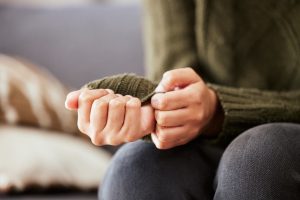Anime, OCD, and Building Trust
Tyler Tran, MSW, ACSW, of the OCD Center of Los Angeles, discusses the impact of anime in therapy and its impact in building rapport, trust, and fostering connection in young adults and teenagers.

For many young adults and teenagers, managing OCD and anxiety can be overwhelming and isolating. But healing doesn’t always come in the form of medication or talk therapy. Healing to these individuals may come from a heartfelt story, a journey overcoming all odds and challenges, and a fable that engenders courage and resilience. Anime has evolved throughout the years and made difficult topics such as depression, anxiety, trauma, and grief easily understandable and relatable to teenagers and young adults. Anime refers to Japanese created animation with themes ranging from action packed adventures, slices of life, romance, epic fantasies, and much more. Characters in anime that struggle with internal conflicts, self-doubt, and emotional stress can be extremely affirming to a teen with OCD. For therapists, anime can offer a unique opportunity to foster trust and meaningful communication.
Starting therapy for teens and young adults can be a daunting and scary experience. Teenagers are expected to show up, disclose embarrassing and uncomfortable thoughts and emotions to a person they’ve never met, and learn a myriad of new concepts to combat these feelings. Anime can open the door to connection and help the therapist build trust and rapport with teens and young adults (Yuanyuan et al., 2024). When a therapist asks, “tell me about this anime you enjoy,” it doesn’t feel like a test, but rather a conversation. When someone feels seen and trusted, they’re more willing to open up about their obsessions, compulsions, and trust their therapist when they engage in exposure therapy.

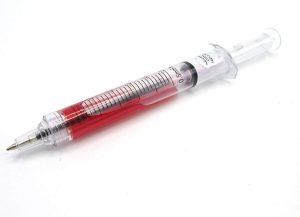

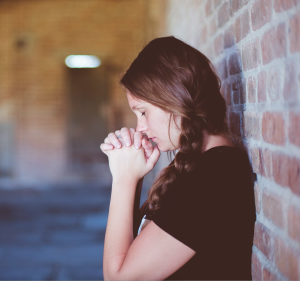
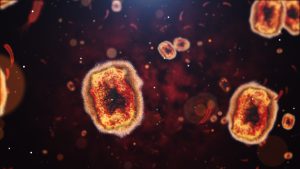

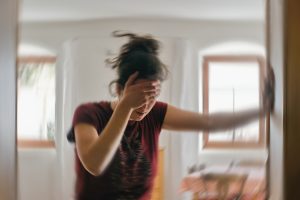

 Three months into my first romantic relationship, I was on a date with my boyfriend, and suddenly I was hit with a tightness in my chest that felt unbearable, and a suffocating desire to end the relationship. I had no idea why I felt this sudden anxiety, because he was a sweet guy who treated me well. After a lot of tears and confusion I broke up with him. The only explanation I could give was that, “It just didn’t feel right.” My next few short relationships ended in the same way and I couldn’t figure out why dating caused me so much anxiety. It was so emotionally exhausting, I didn’t date for a long time. Many years later, I met someone I truly could see a future with, and although I was very emotionally vigilant and always waiting for the anxiety to show up, I didn’t feel it for a while. Shortly after a year of dating, I was experiencing many stressful events in my life, and my partner was my main source of comfort and security during that time.
Three months into my first romantic relationship, I was on a date with my boyfriend, and suddenly I was hit with a tightness in my chest that felt unbearable, and a suffocating desire to end the relationship. I had no idea why I felt this sudden anxiety, because he was a sweet guy who treated me well. After a lot of tears and confusion I broke up with him. The only explanation I could give was that, “It just didn’t feel right.” My next few short relationships ended in the same way and I couldn’t figure out why dating caused me so much anxiety. It was so emotionally exhausting, I didn’t date for a long time. Many years later, I met someone I truly could see a future with, and although I was very emotionally vigilant and always waiting for the anxiety to show up, I didn’t feel it for a while. Shortly after a year of dating, I was experiencing many stressful events in my life, and my partner was my main source of comfort and security during that time.